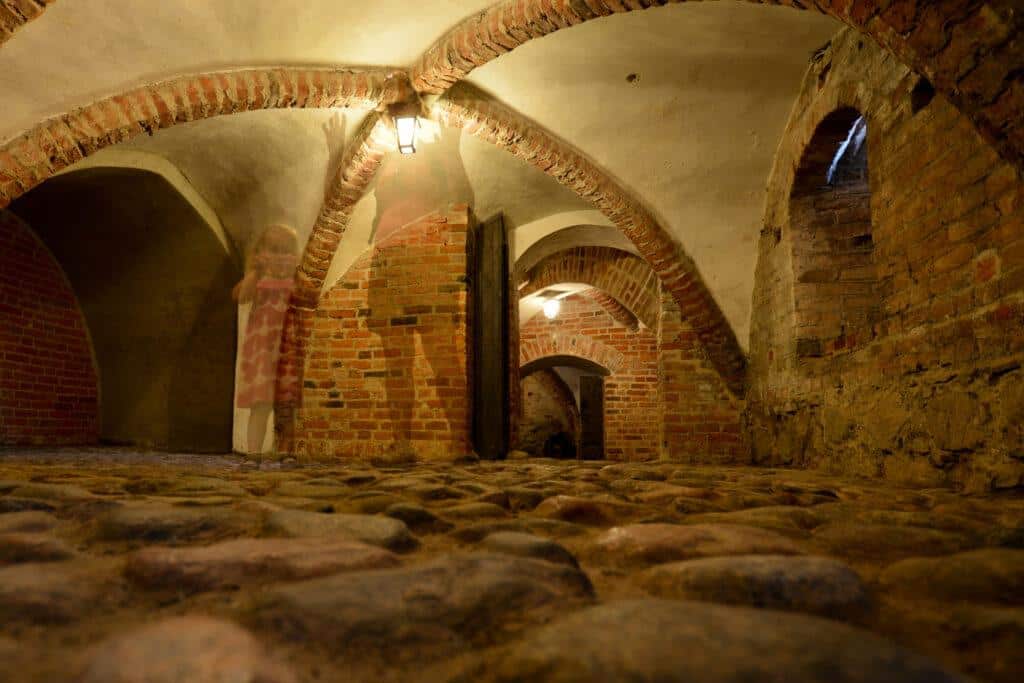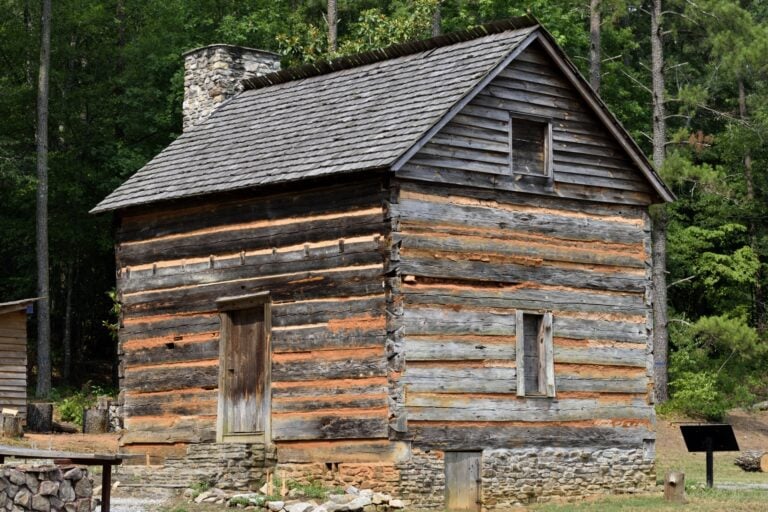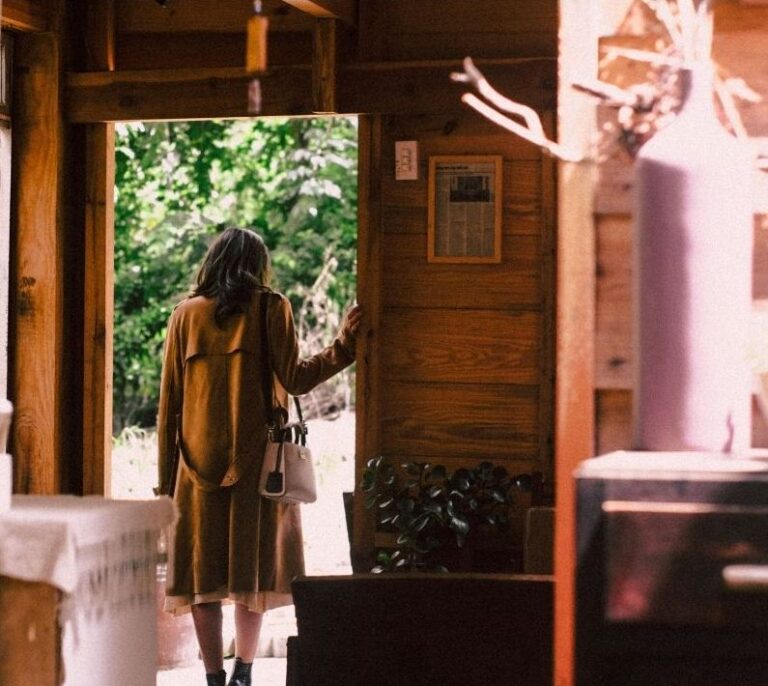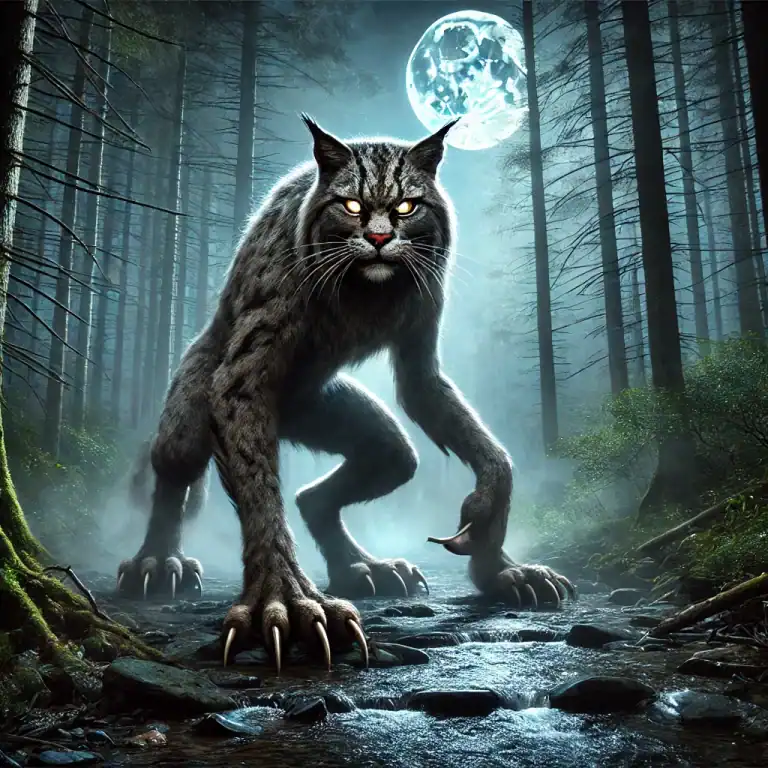The Curse of The Coffin
An installment in our Folklore & Legends series

Appalachian Folk Magic
The Celtic roots of the Appalachian people run deep. Appalachian folk magic practitioners regarded natural openings like caves, lakes, graves, or a coffin as “thin spots” or portals between heaven and earth, where one can glimpse the spiritual world. In these places, lost spirits might be seen lingering near their graves. Of course, we don’t believe that. Or do we? Some faculty, staff, and students at the University of Va at Wise may feel otherwise.
This story takes place in Wise County, in Southwest Virginia. For most of the 18th and 19th centuries, Wise was one of the poorest counties in the state. It’s located in the heart of Appalachia, in a region that was historically isolated and underdeveloped. The rugged mountains made farming and commerce difficult. There were few roads and no railroads to access markets.
The Wise County Poor Farm
The poorest of the poor—the homeless and hopeless—were sheltered at the Wise Poor Farm. There, they could work on the farm in exchange for meals and a bed. Some lived their lives there, died, and were buried.
Not everyone—perhaps no one— at the Wise County Poor Farm could afford a coffin. Coffins were expensive, so they would be borrowed for traditional funeral services at Crockett Hall. The bodies were wrapped in a shroud when a service ended and buried directly into the ground. The coffins were re-used regularly and stored in the cellar at Crockett Hall.
Cemetery Hill
In the town of Wise, interments of the rich and the poor were held at Cemetery Hill. The cemetery is located on a hilltop overlooking the town. Many of the county’s early settlers and pioneers are buried there.
The story of Cemetery Hill is one of tragedy and loss. Legends surrounding the deaths of Civil War soldiers, children, and the lovelorn abound. These tragedies have led to rumors that the cemetery is haunted: Some claim to have seen ghosts walking on the grounds of the cemetery at night. Others claim to have heard strange noises coming from the cemetery. A few have claimed such a severe chilling effect that they have fled the cemetery in fear.
The Curse of the Coffin
In 1975, a theater professor at U VA needed a coffin for a prop in a play. He found one in the cellar at Crockett Hall. It had presumably stayed in storage for decades. This coffin—this portal of the poor farm—had an eerie vibe. Staring at it could cause chills to run through one’s body. Nevertheless, the professor had it moved to the theater’s prop room.
The coffin had not been in the building a week when students began to notice an elderly gentleman in dated clothes wandering around the back of the theater building. Everyone was seeing the same person, but he was not a theater patron, not a student, or anyone’s friend. J.W., one of the college’s drama students, said
“People began seeing an elderly gentleman, especially in the hallway…and so he became the ghost of the theater building that was associated with having lost his coffin.”
Some say the coffin—what many called the Box—would move on its own accord.
A Thin Spot
The eerie coffin remains a valued prop in the college’s theater department. However, no one knows its true history: how it was used, if it was used, or even if it might have once been buried. Theater officials resist getting rid of it, though some also believe that the coffin is cursed: come into contact with it, it’s told, and you might be afflicted with some bodily harm—perhaps by a spirit from the Wise County Poor Farm.
So, if you find yourself in the campus theater in Wise and see an oddly dressed man wandering backstage and the back of your neck tingles, stay calm. You are experiencing a thin spot where heaven and earth collide.
More Appalachian Folklore
See more mountain legends, local tales, and story traditions on the Folklore page.
Appalachian Folklore and Legends Collection
Enjoying Blue Ridge Tales? I hope so. If you’d like to help keep the site ad-free and the stories rolling, you can buy me a coffee.
To stay connected, subscribe to my Blue Ridge Tales newsletter, and have stories and updates delivered once a month to your inbox.






